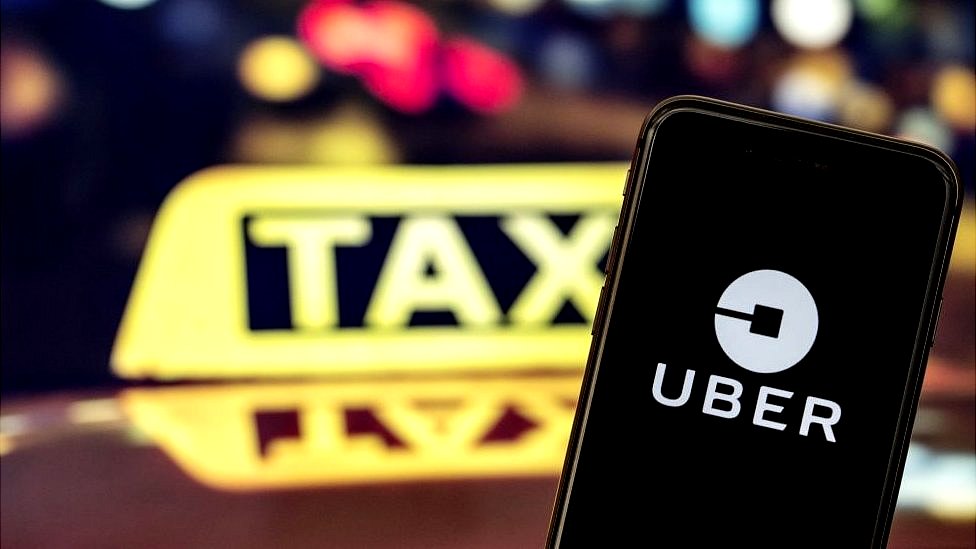The U.S. Department of Justice has filed a lawsuit against Uber Technologies Inc (NYSE: UBER), accusing the rideshare company of discriminating against disabled passengers.
The complaint, filed Thursday in the U.S. District Court for the Northern District of California, claims Uber denied rides to individuals who rely on service dogs or wheelchairs. Federal prosecutors also allege that Uber imposed unfair surcharges. These include cleaning fees for service animal shedding and cancellation fees when drivers refused service.
The Justice Department seeks USD$125 million in damages for riders it says faced illegal discrimination.
Prosecutors argue that Uber violated Title III of the Americans with Disabilities Act. This section of the law requires private transportation companies to follow nondiscrimination rules. It prohibits exclusion, segregation, and unequal treatment of people with disabilities. The statute also demands reasonable policy modifications, accessible communication methods, and removal of barriers where feasible.
“We will enforce the ADA’s guarantee that people with disabilities have equal opportunity and full participation in all aspects of American society, including transportation,” said Assistant Attorney General Harmeet Dhillon of the Civil Rights Division in a statement.
Her comments underscored the government’s commitment to securing equal access for disabled Americans.
U.S. Attorney Craig H. Missakian of the Northern District of California also stated that rideshare companies cannot deny disabled riders the same transportation access available to others. Consequently, the lawsuit signals the federal government’s intent to hold private transportation companies accountable.
Read more: Tesla faces class action over self-driving claims
Read more: Pony.ai gets Chinese nod for driverless taxis in Shenzhen financial district
Uber regularly reminds drivers of legal obligations
Uber, however, has rejected the allegations.
The company said it maintains a zero-tolerance policy for confirmed service denials. Each driver must also agree to comply with policies on service animals and accessibility before using the app. Additionally, Uber says it regularly reminds drivers of their legal obligations. When violations occur, the company claims it takes corrective action, including permanent driver account deactivation.
Furthermore, Uber attempted to reassure the public in a statement to The Associated Press.
“Riders who use guide dogs or other assistive devices deserve a safe, respectful and welcoming experience on Uber — full stop,” the company said. The firm emphasized that discrimination goes against its stated mission of connecting riders and drivers equitably.
The DOJ’s case displays growing scrutiny of rideshare services.
Advocates for disabled individuals argue that companies like Uber must do more to ensure consistent compliance with federal law. In addition, critics note that recurring service denials show the need for stronger enforcement. Meanwhile, supporters of the lawsuit believe a large financial penalty will encourage lasting reforms.
The Americans with Disabilities Act remains a powerful tool for ensuring equal rights. Its requirements extend to private transportation firms, which must adapt policies and practices to meet accessibility standards. The law compels businesses to accommodate service animals and mobility devices without imposing extra burdens.
The lawsuit against Uber could reshape how rideshare companies handle accessibility. It may also establish a precedent for future enforcement actions. Whether Uber changes its policies further or continues to contest the allegations, the case points to an ongoing struggle. Disabled passengers expect reliable, fair treatment, and the government now seeks to guarantee it through the courts.
.
Follow Joseph Morton on Twitter
joseph@mugglehead.com













